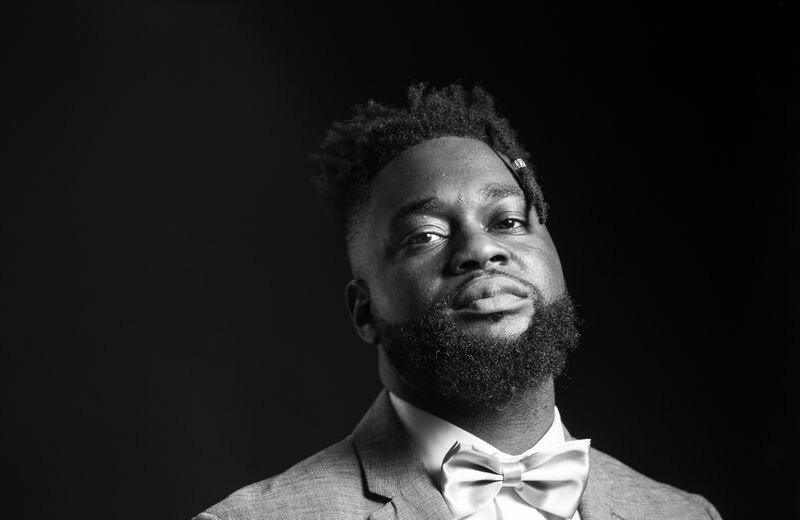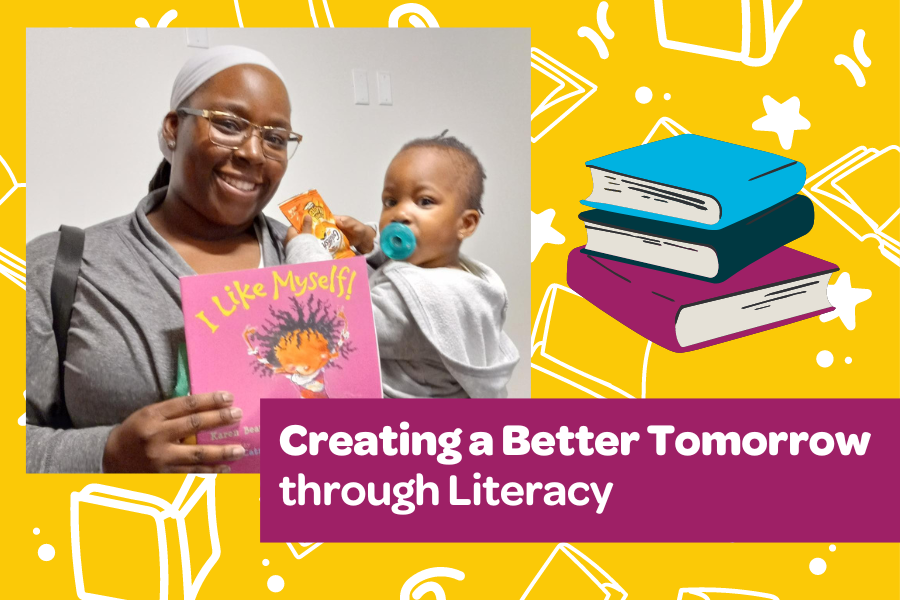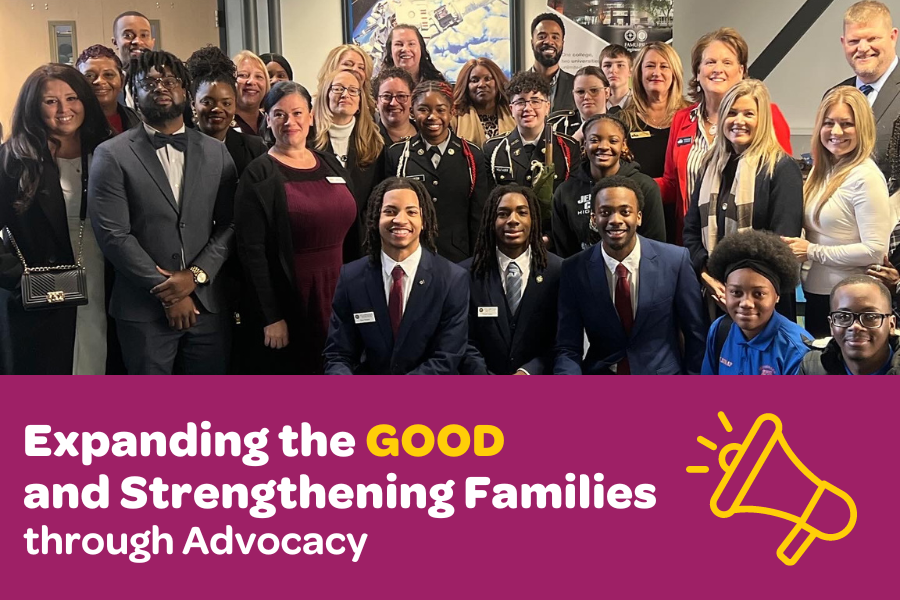Shining a Light: A series of stories for Black History Month highlighting people making a difference today in Central Florida’s Black community.
As a teenager, Jarvis Wheeler worked 30 hours a week at a restaurant while balancing schoolwork and sports at Dr. Phillips High School.
“It was empowering for me to stand on my own,” said Wheeler of his busy schedule.
He finished his daily high school classes at 11 a.m. and left campus to work at Chick-fil-A until 2 p.m. He then returned to school for football practice until 5:30 p.m., when he would return to the restaurant to close out the night shift, usually until 11 p.m. Before heading for the comfort of home, he would grab a few sandwiches for dinner that night and breakfast the next day.
Wheeler, a former linebacker, is still stocky at 33, has a milk-chocolate complexion, a thousand-watt smile and a kinky, modern afro. He has master’s degrees in social work and public administration and a mind that can quote Malcolm X and explain the poetry of Tupac. Today, Wheeler is the statewide director of community partnership schools with the Children’s Home Society of Florida.
“Imagine a community center within a school campus with a health center, mental health counselors on-site, food pantry, enrichment and after school programs,” said Wheeler, describing where his place of employment. “We have college support with interns, mentors and tutors, classes for parents, workshop support, combined with community stakeholders that are investing into the school, bringing money and focusing on the whole child.”
Born in Houston, Texas, Wheeler moved to Orlando’s west side when he was 2 years old with his younger sister and single mother. He attended Catalina Elementary School, Chain of Lakes Middle School and both Evans and Dr. Phillips high schools.
His mother — Elizabeth Thompson, who was a daycare provider, an elementary school teacher, worked in retail and now is an early childhood provider — kept her son involved in church activities up to five days a week. At the same time, Wheeler noticed that even with their talents, his more gifted athletic friends were not making it out of the neighborhood. This realization and his mother’s disciplined regimen kept him out of trouble and headed to college.
After graduating from Dr. Phillips High School, Wheeler attended Florida State University and earned his bachelor’s degree in sports management. FSU is also where he met his mentor, Hegel Laurent, who was from Little Haiti in Miami and made a strong impression on Wheeler. Laurent, 2 years older, had come from a home with less than Wheeler. During their first meeting, their bond grew over pancakes, shared passions and histories.
In 2012, as a teacher at Evans High School, Wheeler taught an all-male class of 22 freshman students on the bubble at his alma mater. He began with these words on the first day of class:
“I told the students to close their eyes and imagine themselves graduating from high school. Imagine what that feels like and imagine being able to go off to college, have a good-paying job but then to open their eyes and realize the start of this journey in ninth grade is what gets you there,” he said. “And that if I could guarantee that all of them could become successful and be what they imagined when they closed their eyes, that I was willing to die for that.”
It was his way of telling them he was dedicated to their well-being and success.

Evans’ principal, Jenny Gibson-Linkh, was so impressed she offered him a job at the high school doing what he now does for the state. Wheeler, committed to his students, wouldn’t take the position at first. But after months of encouragement, he decided to accept it on the condition that he could continue teaching his class until his students graduated and headed to college. In 2016, each male pupil in his class obtained his high school diploma and was accepted into a four-year college or university. Together, the students received more than $50,000 in scholarships and participated in more than 20,000 hours of community service.
“Martin Luther King Jr. and Malcolm X — they had two different approaches and I found strength in both. [Malcolm X] was a builder of people and [Martin Luther King Jr.] was a bridger of people,” he said of his inspiration for leading his class of young men to success. “I think, oftentimes, in order to cross over a bridge, you really need to be built up.”

Wheeler gave a speech during last summer’s walk of Mourning and Restoration rally that told his story and why he believes in the Black Lives Matter movement. It is not an idealistic stance for him — it is personal.
“I’ve been beaten up on my car for having my headlights off at 16,” said Wheeler during a Walk for Mourning rally last summer. “Guns pointed at me on a school campus at 17. Arrested and beat in a football stadium at 24. I’ve been arrested three times; thank God I’m alive because I’ve made some mistakes. If my story ended there, I would have never got my two master’s degrees.”
But Wheeler wants people to know that he and his prosperous peers are more than just success stories — and that other Black people could follow in his steps if given the chance.
“They need to know that because of systemic racism and discrimination that many of my peers who are smarter than me, who were more talented … and gifted than me, could be doing the same work that I’m doing, if not greater,” he said. “But, due to those systemic barriers, where maybe they didn’t get the grace that I received or the support of that key individual like Hegel that I received, they were not able to sit in the seats they could be sitting in today. It’s not because of their lack of desire, or their lack of will or their lack of aptitude.”
“Getting rid of these systemic barriers to success for our marginalized communities will lead to a greater city and greater America for all!”
Originally posted by: Orlando Sentinel










